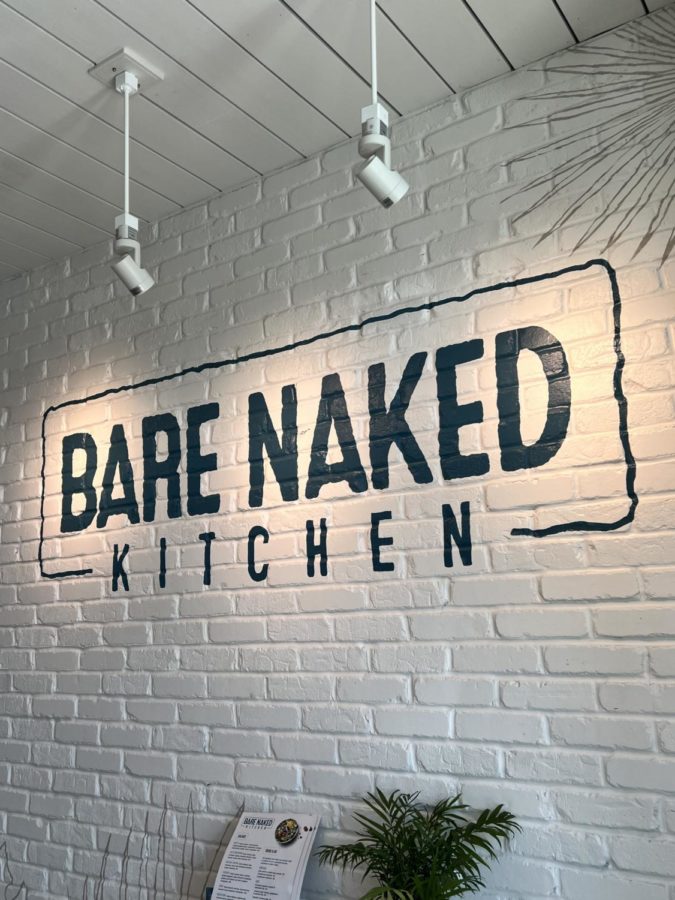All across the bay, thousands of restaurants work to provide Tampa with one of the most diverse culinary scenes in the state, with almost every culture or flavor having a stake in the Tampa food scene. It wasn’t always like this, however. At one point, the Tampa food options were extremely limited and mostly rooted in a few types of cuisine, until restaurant groups came in.
Restaurant Groups are individual restaurant concepts managed by a single corporate entity who helps attract investors and provides management, oversight and support to the restaurants.
There are countless benefits to these groups, which have greatly benefitted the bay.
Firstly, Restaurant groups help keep the food scene diverse. If a group has a successful Vietnamese restaurant in their catalog, then they’re unlikely to open another, similar restaurant that could detract from the success of the previous establishment. This is seen in the portfolio of the Ciccio Group, who have Mexican, Italian, Soulfood, American and health-related venues, with the group promoting a unique concept everywhere they open as they try to avoid redundancy.
Another benefit of restaurant groups is their ability to create nicer establishments. When most restaurants start out, they often face monetary struggles as they attempt to create their business without a lot of funds. This isn’t an issue for restaurant groups, who, due to their corporate backing, are often able to start with a large amount of capital. This allows for nicer restaurants to open and have a higher level of quality immediately.
These groups can also provide various boons to employees. Firstly, due to the corporate structure many restaurant groups follow, there’s often more room for promotion. Since the company is more structured, it therefore has a clear line for promotions, rewarding hard work. Another incentive for employees at restaurant groups is better job training. These groups have a level of quality to uphold between their various establishments, and to ensure this level is maintained, they often provide increased job training to new employees. This in turn sets up workers for success later in their careers as they have increased skills. Finally, one last benefit for workers is the job stability they gain by working for a group. Not only does a corporate backing make it difficult for a restaurant to fail, but if a location does happen to go under, employees could be transferred and inserted into other establishments owned by the group.
Restaurant groups are extremely prominent in Tampa, with many of the city’s favorite places to eat owned by one entity. Fresh Kitchen, Taco Dirty, Green Lemon and Cali are all owned by the Ciccio Group. While Salt Cracker Fish Camp, Salt Rock Grill and Marina Cantina are all owned by the Baystar Restaurant group.
Restaurant groups help keep food unique, promote innovation and benefit restaurant workers and Tampa Bay as a whole, making important and extremely beneficial contributions to the restaurant scene.



